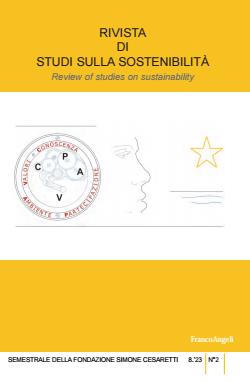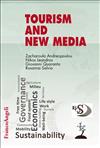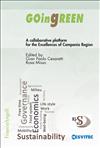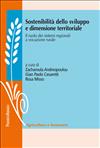
As the energy consumption across the globe is increasing fast, every industry sector is trying to adapt best practices to achieve minimum environmental, economic and social footprint. In addition, the all increasing stress on the global freshwater supply necessitates the measurement of water consumption as a sustainability metric for every human activity. Irrigated agriculture constitutes one of the larger consumers of freshwater and energy worldwide, while providing a major source of income and employment for rural societies. Irrigation modernization can save water and energy consumption. Many technologies are actually included in the so-called smart farming, but not all are actually sustainable, economically viable and easily adaptable. This paper presents emerging technologies that can be used to maximize energy and water savings in agricultural irrigation and more specific on electric centrifugal pumps. The work is focused on two technologies that can be easily implemented on existing pumping stations, their use is simple enough for the average farmer to understand and manage and they require relatively low investment cost.


